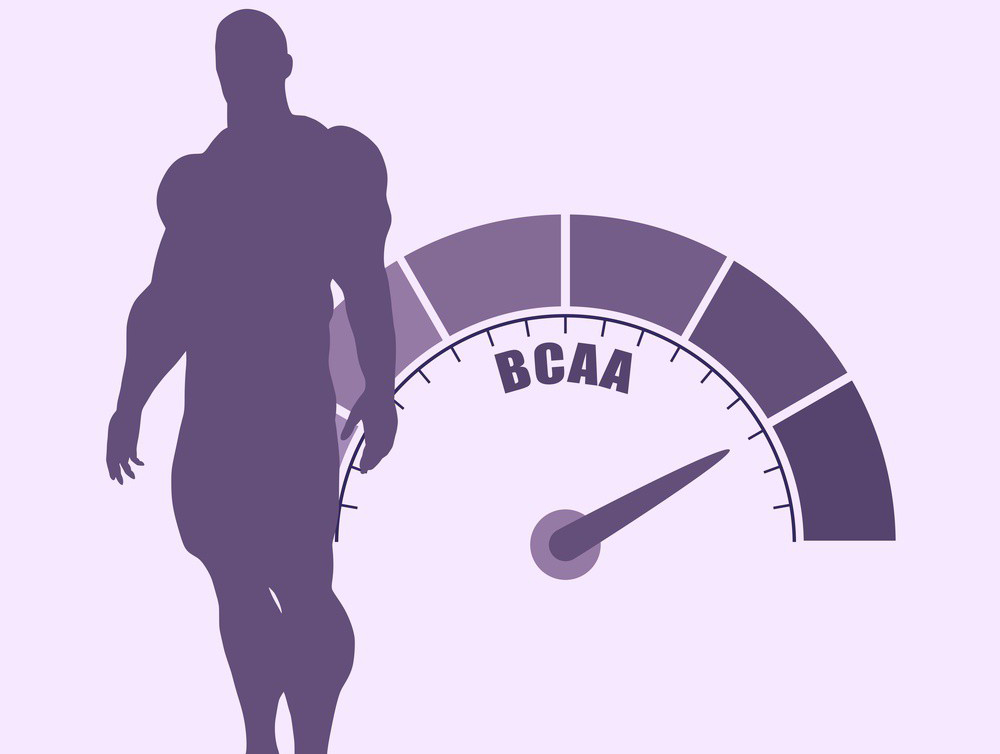BCAA tablets are a popular supplement among athletes, bodybuilders, and fitness enthusiasts. These supplements typically contain three essential amino acids: leucine, isoleucine, and valine, which are not produced by the body and must be obtained from dietary sources.
The efficacy and function of BCAA tablets can vary depending on several factors, including dosage, timing of consumption, individual physiology, and overall diet and exercise regimen. Here are some of the key aspects of BCAA tablets:
Muscle Protein Synthesis: BCAAs, particularly leucine, play a crucial role in stimulating muscle protein synthesis, which is essential for muscle repair, recovery, and growth. Leucine, in particular, activates the mTOR pathway, a key regulator of muscle protein synthesis.
Reduced Muscle Soreness: Some studies suggest that BCAA supplementation may help reduce muscle soreness and fatigue, especially when taken before or during exercise. This can potentially lead to improved exercise performance and faster recovery.
Energy Source: During prolonged exercise or periods of calorie restriction, BCAAs can be used as a source of energy by the muscles, helping to preserve glycogen stores and prevent muscle breakdown.
Prevention of Muscle Breakdown: BCAAs may also help prevent muscle breakdown, especially in situations where the body is in a catabolic state, such as during intense exercise or when following a low-calorie diet.

Support for Endurance Exercise: Some research suggests that BCAA supplementation may improve endurance performance by reducing fatigue and preserving muscle glycogen stores.
Potential Fat Loss: There’s some evidence to suggest that BCAA supplementation may aid in fat loss by increasing fat oxidation and promoting a leaner body composition, although results have been mixed.
Recovery Aid: BCAA tablets are often used as a convenient way to promote faster recovery after workouts, particularly for individuals engaged in intense training programs or those looking to optimize muscle growth and repair.
It’s important to note that while BCAA supplementation can offer benefits, it’s not a substitute for a balanced diet and proper training regimen. Additionally, individual responses to BCAA supplementation can vary, so it’s essential to experiment with dosage and timing to determine what works best for you. As with any supplement, it’s advisable to consult with a healthcare professional before starting BCAA supplementation, especially if you have any underlying health conditions or concerns.
Potential benefits of BCAA Tablet
BCAA (Branched-Chain Amino Acids) tablets are a popular supplement among athletes, bodybuilders, and fitness enthusiasts. Here are some potential benefits associated with BCAA tablets:
Muscle Growth: BCAAs, including leucine, isoleucine, and valine, are essential amino acids that the body cannot produce on its own. They play a crucial role in stimulating protein synthesis, which is essential for muscle growth and repair.
Reduced Muscle Soreness: BCAA supplementation may help reduce muscle soreness and accelerate recovery after intense exercise. Studies suggest that BCAAs can decrease muscle damage and promote faster recovery by reducing exercise-induced muscle protein breakdown.
Increased Endurance: BCAAs can be used as an energy source during prolonged exercise, particularly during endurance activities. They can help delay fatigue by preserving glycogen stores in muscles and preventing the onset of central fatigue.
Fat Loss: BCAAs may aid in fat loss by promoting fat oxidation (the breakdown of fat for energy) and preserving lean muscle mass. This can be especially beneficial during calorie-restricted diets or periods of weight loss.

Improved Exercise Performance: Some research suggests that BCAA supplementation can enhance exercise performance by reducing perceived exertion and improving mental focus during workouts. This can lead to better overall training sessions and potentially greater gains in strength and endurance.
Muscle Preservation During Fasting or Calorie Restriction: During periods of fasting or calorie restriction, BCAA supplementation may help prevent muscle breakdown by providing the body with essential amino acids it needs to maintain muscle mass.
Support for Immune Function: BCAAs play a role in supporting immune function, particularly during times of physical stress such as intense exercise. Supplementing with BCAAs may help maintain immune health and reduce the risk of illness, particularly in athletes who undergo rigorous training regimens.
Convenience: BCAA tablets offer a convenient and portable way to supplement with essential amino acids, particularly for individuals who may not have access to or prefer not to consume BCAAs through food sources like protein-rich foods or powders.
It’s important to note that while BCAA supplementation can offer benefits, it should be used as part of a comprehensive approach to nutrition and fitness. Additionally, individual responses to BCAA supplementation may vary, so it’s recommended to consult with a healthcare professional or registered dietitian before starting any new supplement regimen.
